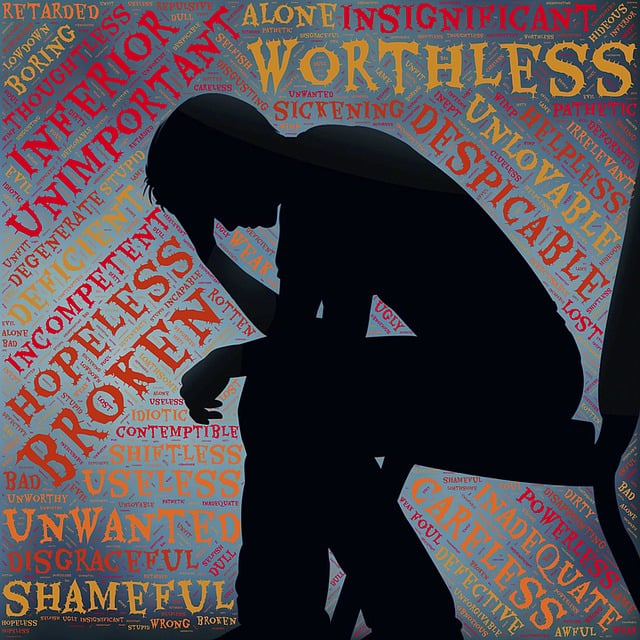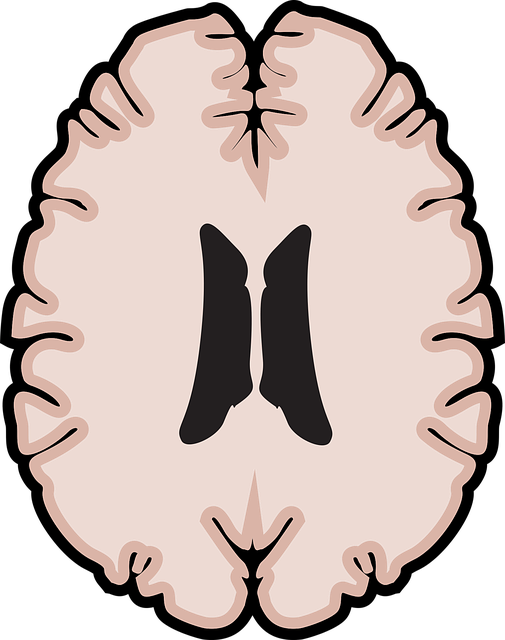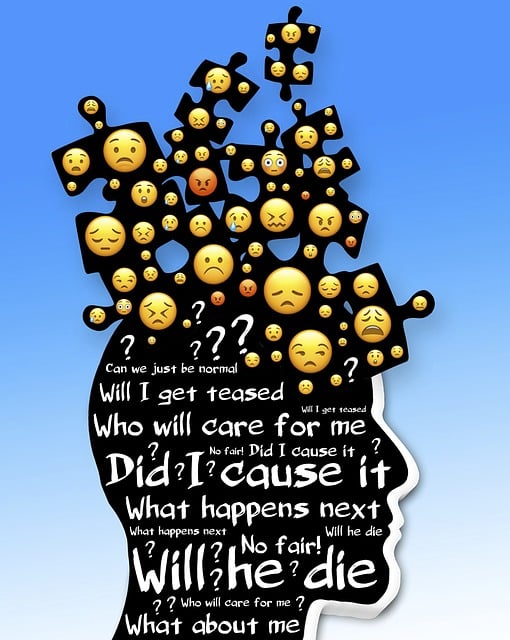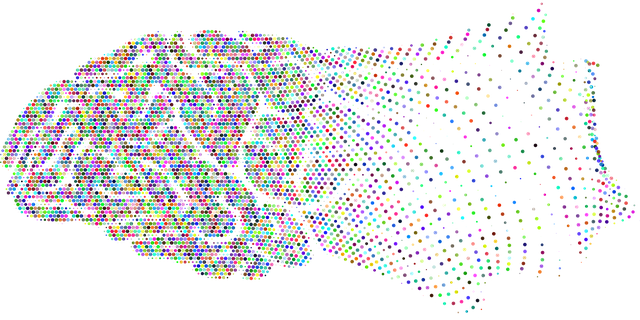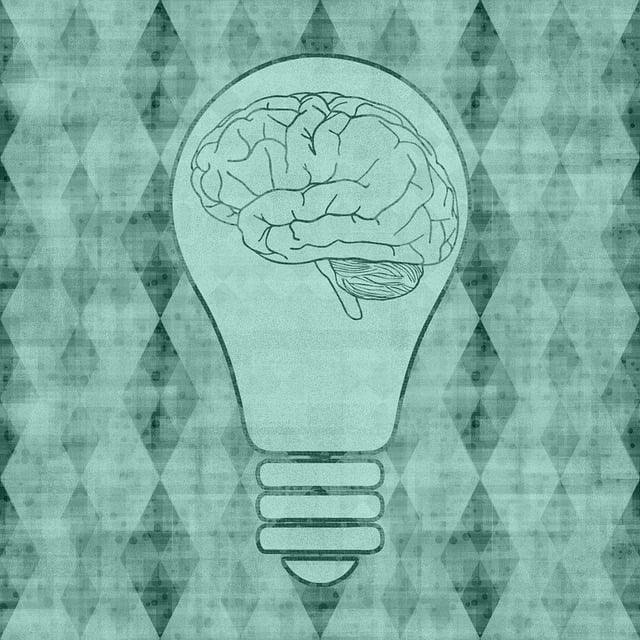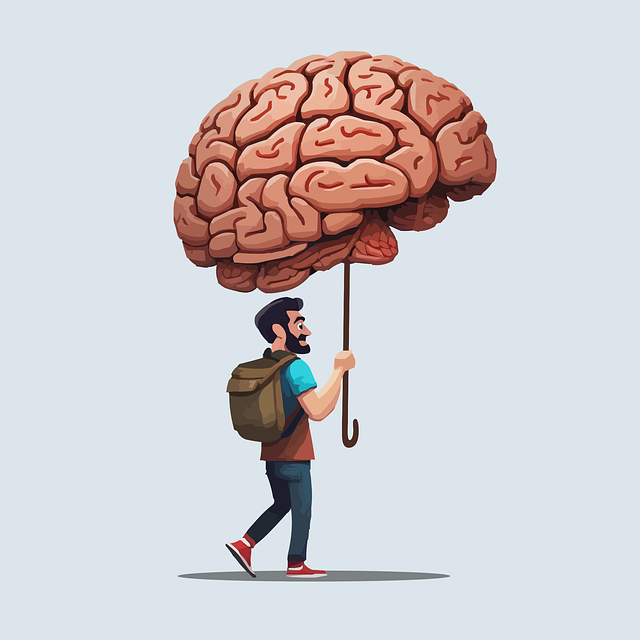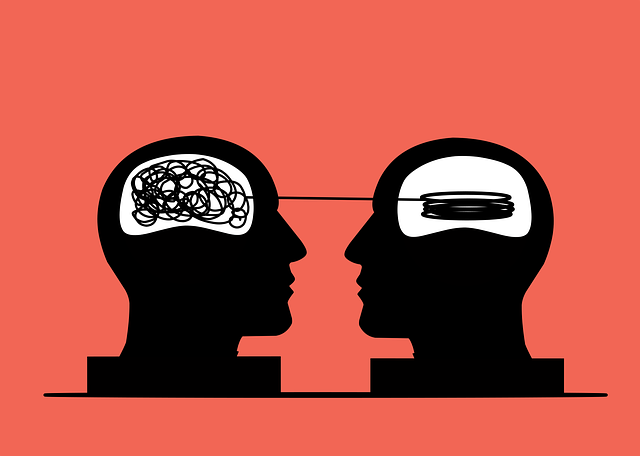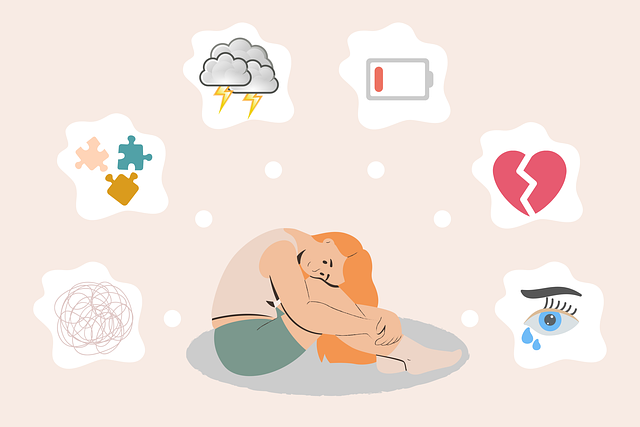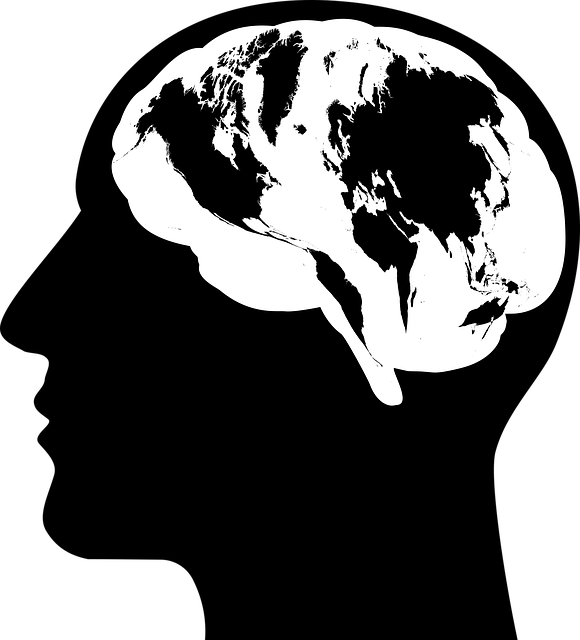Elderly individuals, especially those facing isolation, chronic illnesses, and cognitive decline, are at risk of mental health crises. Early intervention is key, focusing on recognizing signs like irritability or mood changes. Public awareness campaigns educate caregivers about therapy for Oppositional Defiance Disorder (ODD) in the elderly, while hotline support services provide a safe space for expression and initial crisis assessment. Tailored therapy options, including Cognitive Behavioral Therapy (CBT), group therapy, and active listening skills for operators, are vital. Collaborative community building, involving partnerships between organizations, enhances support systems and promotes comprehensive mental health care for seniors, particularly those struggling with ODD.
In today’s fast-paced world, mental health crises among the elderly pose significant challenges. Recognizing the signs of distress is crucial, especially with conditions like Oppositional Defiance Disorder (ODD) often overlooked in seniors. This article explores the vital role of hotline support services in crisis intervention, offering immediate assistance. We delve into effective therapy options for ODD specifically tailored to elders and essential communication strategies for operators. Additionally, it highlights community collaboration as a game-changer in enhancing senior mental health care.
- Understanding Elderly Mental Health Crises: Recognizing the Signs
- The Role of Hotline Support Services in Crisis Intervention
- Therapy Options for Oppositional Defiance Disorder (ODD) in Elders
- Effective Communication Strategies for Hotline Operators
- Building Community Resources: Collaborating for Better Senior Mental Health Care
Understanding Elderly Mental Health Crises: Recognizing the Signs

Elderly individuals often face unique challenges that can contribute to mental health crises, including isolation, chronic illnesses, and cognitive decline. Recognizing the signs of a mental health crisis in seniors is crucial for timely intervention and support. Changes in behavior, such as increased irritability or oppositional defiance, can be early indicators.
As many older adults struggle with stress management and self-esteem improvement, it’s essential to watch for sudden changes in mood, appetite, or sleep patterns. Public awareness campaigns development focused on educating caregivers and the general public about these signs can play a vital role in ensuring that elders receive the therapy for oppositional defiance disorder and other mental health concerns they may be facing.
The Role of Hotline Support Services in Crisis Intervention

Hotline support services play a vital role in crisis intervention, offering immediate assistance and guidance to individuals facing mental health crises. These services serve as a crucial first step for those who may be experiencing symptoms of oppositional defiance disorder (ODD) or other similar conditions, especially among elders who might face unique challenges in accessing care. By providing a safe and non-judgmental space, hotline counselors enable individuals to express their feelings, concerns, and thoughts freely, fostering open communication essential for effective therapy.
Through phone-based interactions, trained professionals can assess the severity of the crisis, offer emotional support, and provide valuable resources. Moreover, they often equip callers with conflict resolution techniques and confidence-boosting strategies that can help them manage symptoms and improve their mental wellness. This initial intervention can be life-saving, as it guides individuals towards seeking further treatment, such as specialized therapy or support groups, ensuring long-term mental health stability and improved quality of life.
Therapy Options for Oppositional Defiance Disorder (ODD) in Elders

The diagnosis of Oppositional Defiance Disorder (ODD) in older adults presents unique challenges and requires tailored therapy options. While younger individuals often benefit from behavioral interventions, therapy for elders with ODD must consider age-related factors and comorbidities. Cognitive Behavioral Therapy (CBT) is a widely recognized approach that can help seniors manage their symptoms by identifying and changing negative thought patterns and behaviors. This form of therapy encourages emotional awareness and provides practical strategies for stress reduction, which is crucial for maintaining mental health awareness in older adults.
Additionally, group therapy sessions offer a supportive environment where elders can connect with peers facing similar struggles, fostering a sense of community and promoting emotional well-being. Combining individual CBT with group support can be an effective strategy to enhance coping skills and provide a network of encouragement. These tailored therapy methods not only address ODD symptoms but also contribute to the overall mental health awareness and quality of life for elderly individuals.
Effective Communication Strategies for Hotline Operators

Effective communication is a cornerstone for hotline support services, especially when addressing sensitive mental health crises. Operators must possess strong listening skills to understand the caller’s needs and emotions. Active listening involves paraphrasing and summarizing to ensure comprehension and create a safe space for vulnerable individuals. This technique is particularly beneficial for elders experiencing Oppositional Defiance Disorder (ODD), as it helps to de-escalate situations and encourage positive thinking.
Hotline operators should also employ clear, concise, and empathetic language. Providing simple explanations and reassurance can significantly impact the caller’s perception of support. Training in communication strategies should emphasize the importance of patience, especially when dealing with individuals facing mental health challenges. Foster an environment where people feel comfortable sharing their experiences without fear of judgment to promote mental wellness.
Building Community Resources: Collaborating for Better Senior Mental Health Care

In addressing senior mental health care, building community resources through collaboration is key to enhancing support systems. Many elders, especially those facing issues like Oppositional Defiance Disorder (ODD), often struggle with access to specialized therapy and tailored programs designed for their age group. By fostering partnerships between local organizations, healthcare providers, and social services, a more holistic approach to mental health care can be achieved. This collaborative effort ensures that seniors receive comprehensive support, including trauma support services, self-care routine development, and stress management workshops, catering specifically to their unique needs.
Such collaborations can lead to the creation of dedicated programs focused on early intervention and prevention strategies for mental health crises. By bringing together diverse expertise, communities can develop innovative solutions, such as peer support groups or mobile therapy units, ensuring elders receive timely and accessible care. This collaborative model not only improves individual outcomes but also strengthens the social fabric by fostering a supportive environment where mental health is prioritized and understood within the community.
Mental health crisis hotline support services play a pivotal role in addressing elderly mental health crises, offering immediate intervention and guidance. By recognizing the signs and implementing effective communication strategies, operators can provide valuable assistance. Moreover, collaborating with community resources to offer tailored therapy options, such as those for Oppositional Defiance Disorder (ODD) in elders, ensures comprehensive care. These integrated approaches are crucial in enhancing senior mental health outcomes and fostering supportive communities.
